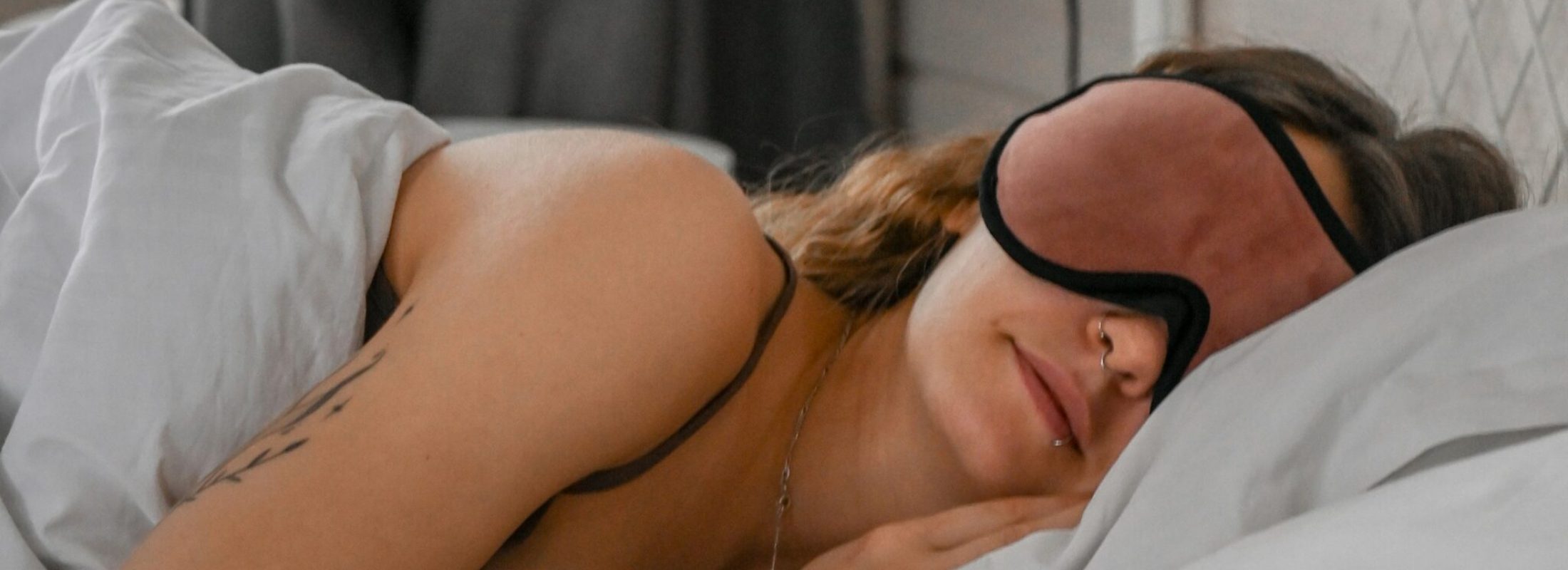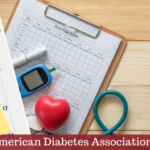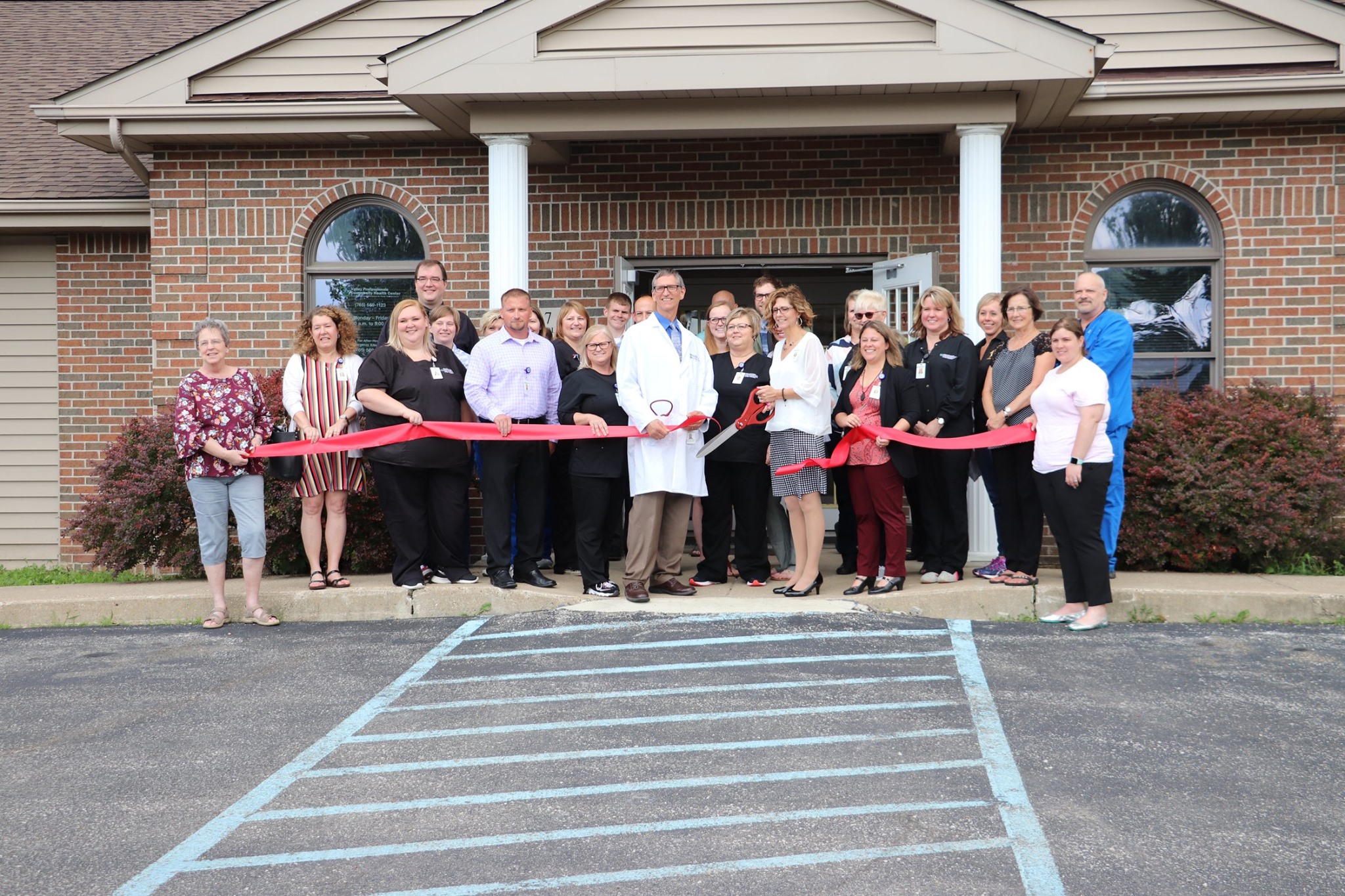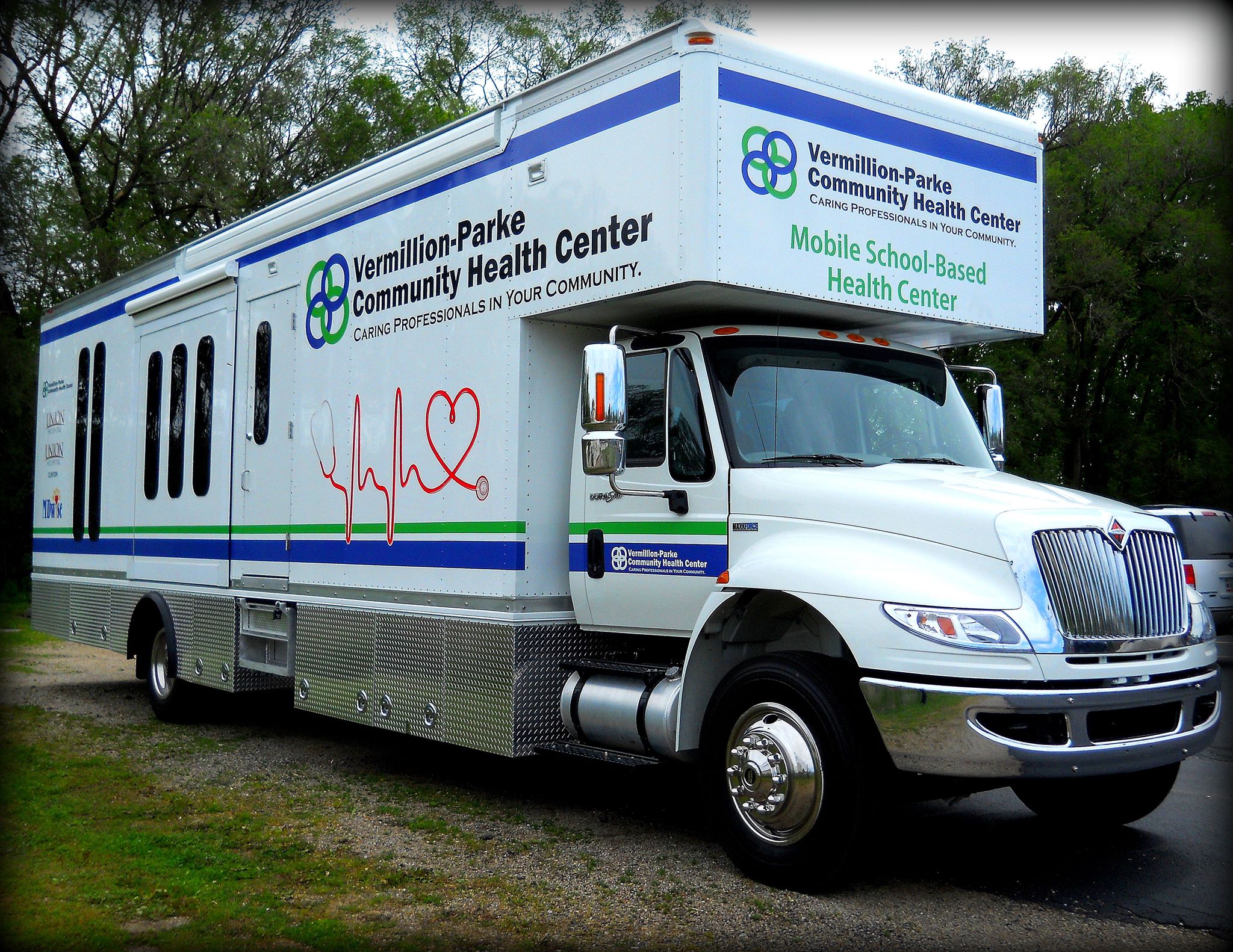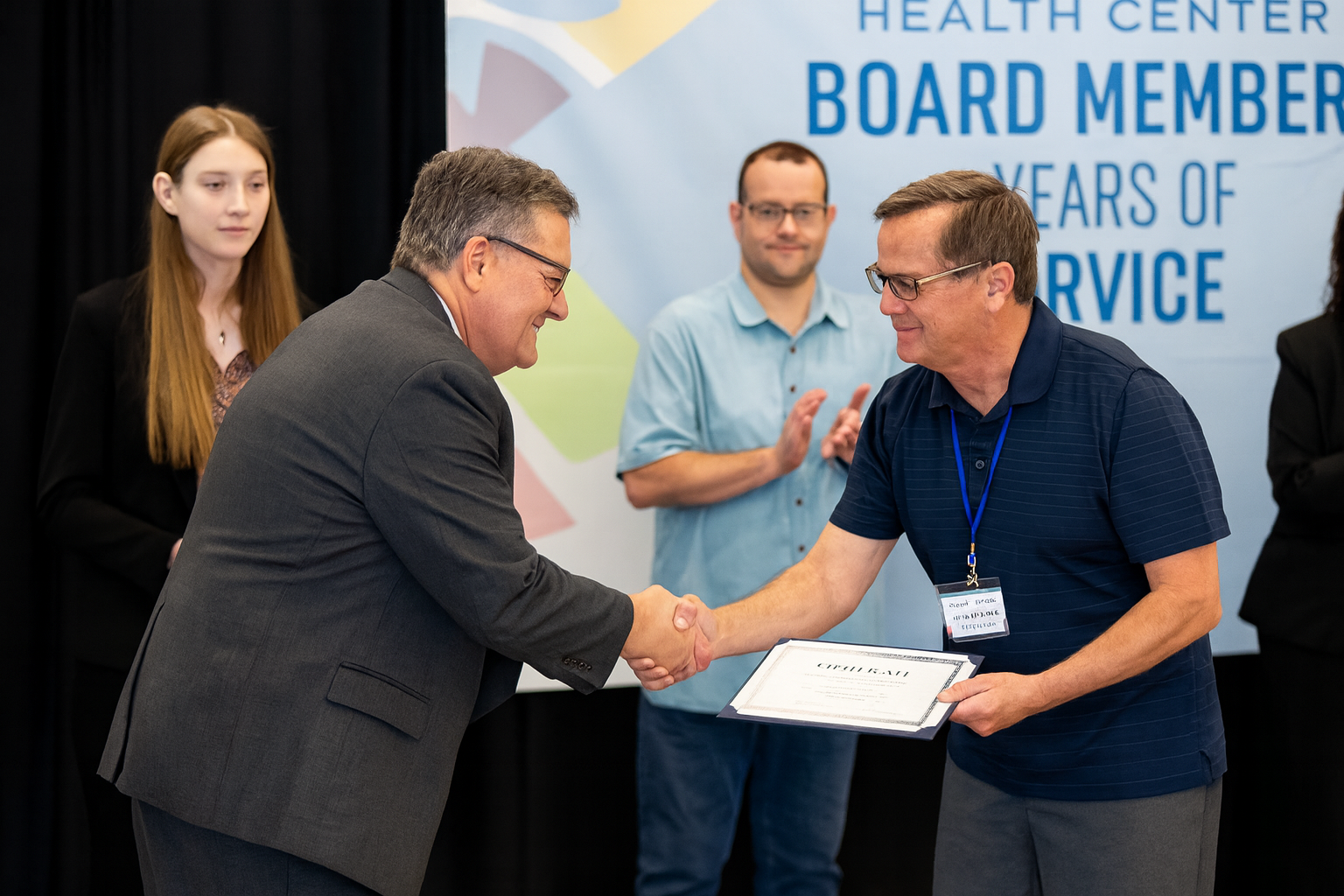In our fast-paced world, the importance of quality sleep tends to be overlooked. Sleep is not merely a passive state; it's a dynamic process crucial for overall well-being. Let's embark on a journey into sleep awareness, exploring the profound impact of sleep on our physical and mental health. The Science of Sleep: Understanding the science …
In our fast-paced world, the importance of quality sleep tends to be overlooked. Sleep is not merely a passive state; it’s a dynamic process crucial for overall well-being. Let’s embark on a journey into sleep awareness, exploring the profound impact of sleep on our physical and mental health.
The Science of Sleep:
Understanding the science behind sleep is fundamental to appreciating its significance. Sleep is divided into distinct stages, each playing a unique role in the body’s restoration and maintenance. From the slow-wave sleep that aids physical recovery to the rapid eye movement (REM) sleep associated with vivid dreaming and cognitive processing, the sleep cycle is a complex dance of biological processes.
Health Implications:
Research consistently highlights the far-reaching effects of sleep on health. Adequate sleep is linked to improved immune function, hormonal balance, and cognitive performance. Conversely, chronic sleep deprivation is associated with an increased risk of conditions like obesity, diabetes, and cardiovascular disease. The intricate relationship between sleep and mental health is also gaining recognition, with insufficient sleep contributing to mood disorders and impaired emotional regulation.
The Modern Sleep Challenge:
In an era dominated by technology and constant connectivity, achieving quality sleep has become a challenge. Screens emit blue light that interferes with melatonin production, disrupting the natural sleep-wake cycle. Additionally, the pressure to stay constantly connected can lead to increased stress and anxiety, further compromising sleep quality. Recognizing these challenges is the first step toward cultivating a sleep-friendly environment.
Practical Tips for Better Sleep:
1. **Establish a Consistent Sleep Schedule: ** Go to bed and wake up at the same time every day, even on weekends, to regulate your body’s internal clock.
2. **Create a Relaxing Bedtime Routine: ** Engage in calming activities before bedtime, such as reading or practicing mindfulness, to signal to your body that it’s time to wind down.
3. **Limit Screen Time Before Bed: ** Reduce exposure to screens at least an hour before sleep to minimize the impact of blue light on melatonin production.
4. **Optimize Your Sleep Environment: ** Ensure your bedroom is cool, dark, and quiet. Invest in a comfortable mattress and pillows to enhance physical comfort.
The Ripple Effect:
Recognizing the importance of sleep isn’t just a personal benefit; it has far-reaching implications for society. Businesses and educational institutions are starting to acknowledge the correlation between well-rested individuals and increased productivity and creativity. Embracing a culture that values and prioritizes sleep can lead to a healthier, more vibrant community.
Sleep awareness is not merely a fleeting trend but a fundamental aspect of holistic well-being. By understanding the science behind sleep, recognizing the challenges posed by modern lifestyles, and implementing practical tips, we can unlock the transformative power of sleep. Let’s prioritize the rejuvenating gift of a good night’s sleep and embark on a journey toward a healthier, more fulfilling life.
By: Jennifer Roach, LMHC, RPT
Book a Consultation
It’s easy and free!
